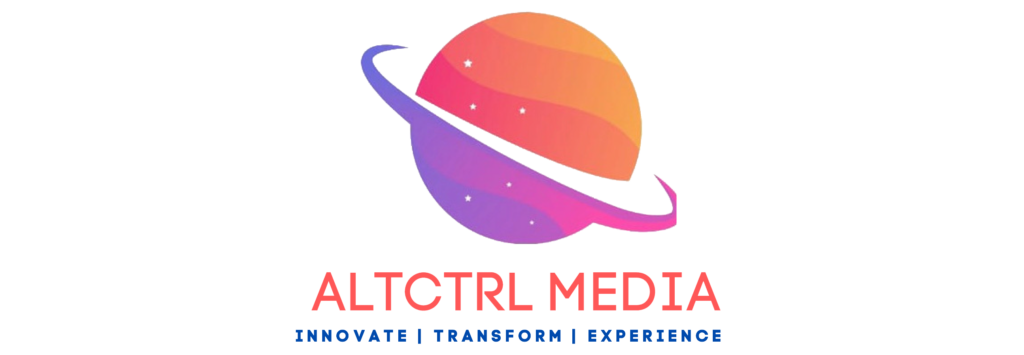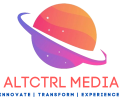Campus Recruitment Training
What is CRT (Campus Recruitment Training)?
Campus Recruitment Training is a comprehensive program which is exclusively designed for the graduate students preparing them for recruitment of various IT and NON IT companies, and ensuring that the students are well trained and equipped to get through the companies easily. This training mainly for all the pre final year and final year students who are looking for placements in their colleges or in any reputation organizations like TCS, Infosys, Accenture, Wipro, IBM etc..(i.e. On Campus or off Campus). In CRT students will be trained for all the rounds of Interviews including logical thinking and communication skills.
Where CRT is Useful?
CRT Training is useful in different platforms like
- MNC Interviews
- AMCAT
- E-Litmus
- CoCubes
- GATE
- C-CAT
- CLAT
- SSC
- RRB
- CSAT
- AFCAT
- MNC Interviews
- AMCAT
- E-Litmus
- CoCubes
- GATE
- C-CAT
- CLAT
- SSC
- RRB
- CSAT
- AFCAT
Why Campus Recruitment Training ?
- More competition and fewer opportunities
- To become successful, students should be industry ready
- Campus Recruitment Process to filter the candidates and choose “The Right Candidates”.
- To enhance their Employable skills – Aptitude Skills, Soft skills, Verbal Ability
The following are the Modules that students normally go through as a part of Campus Recruitment:
| S.No | Module | No. Hours |
| 1 | Aptitude Tests | 55 |
| 2 | Resume Writing | 5 |
| 3 | Group Discussion | 5 |
| 4 | Interviews | 5 |
| 5 | Technical – IT | 30 |
| TOTAL | 100 | |
–Quantitative Skills
–Logical reasoning
–Verbal Ability & Reading Comprehension
–Data Interpretation
–Data Sufficiency
APTITUDE TEST
Aptitude Test is one of the integral components in the entire scheme of the selection process. The areas normally covered in the aptitude tests of most companies are Quantitative ability, Reasoning and Verbal Ability. These tests are well structured. The kind of questions that are asked or the topics that are tested depends entirely on the company conducting the test. Each company has its own pattern. Even though the test patterns might differ across the companies, there are certain topics from which the questions are asked very frequently.

QUANTITATIVE APTITUDE
The questions from this test area of Quantitative Aptitude are of easy to moderate level of difficulty. The questions, usually, come from the following topics.
ALGEBRA
- Simple Equations
- Ratio, Proportion and Variation.
- Quadratic Equations
- Progressions
- Indices & Surds
- Numbers
ARITHMETIC
- Percentages, Profit and Loss, Partnerships
- Simple Interest and Compound Interest
- Averages, Mixtures and Allegations
- Time & Work
- Time & Distance
GEOMETRY & MENSURATION
- Geometry
- Mensuration
HIGHER MATHS
- Permutation & Combinations
- Probability

LOGICAL REASONING
Questions asked from the test area are easy to moderate. A basic level of exposure to the following set of topics will help a candidate in answering the questions with ease.
- Series, Analogies, Odd Man Out, Coding and Decoding
- Venn Diagrams
- Clocks, Calendars
- Blood relations, Direction Sense
- Symbols and Notations, Linear and Circular Arrangement
- Distribution, Comparisons, Quant based Puzzles
- Selections, Deductions, Input and Output
- Cubes and Dice
VERBAL ABILITY & READING COMPREHENSION
The questions from this area require basic knowledge about english usage and functional grammar. Questions are of easy to moderate difficulty level and the questions come from different sub-topics like
−Grammar
−Vocabulary
−Reading Comprehension
A candidate needs to be adequately prepared to handle the aptitude test of any of the companies. This stage is very important and if one does not clear this stage, then one cannot move to the next stage in the selection process, which is usually the Group Discussion. The next stage in the selection process is the Group Discussion.


VERBAL ABILITY & READING COMPREHENSION
The questions from this area require basic knowledge about english usage and functional grammar. Questions are of easy to moderate difficulty level and the questions come from different sub-topics like
−Grammar
−Vocabulary
−Reading Comprehension
A candidate needs to be adequately prepared to handle the aptitude test of any of the companies. This stage is very important and if one does not clear this stage, then one cannot move to the next stage in the selection process, which is usually the Group Discussion. The next stage in the selection process is the Group Discussion.
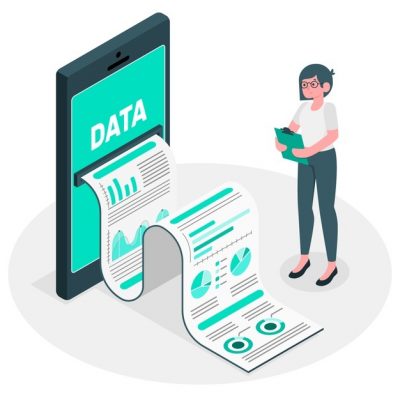
DATA SUFFICIENCY
Data Sufficiency is a very important part of almost all the competitive exams, so you cannot take the risk of skipping it. Data Sufficiency means you need to check whether the data given in the two statements is sufficient to answer the question asked or not. You need to find a unique answer to the question asked. More than one answer is not allowed.
RESUME WRITING
A powerful resume gets you closer to your next job. A resume is a formal document that provides an overview of your professional qualifications, including your relevant work experience, skills, education, and notable accomplishments. Usually paired with a cover letter, a resume helps you demonstrate your abilities and convince employers you’re qualified and hireable.
The Resume is a “selling tool” outlining the individual’s skills and experiences so as to enable the employer to see, at a glance, how one can contribute to the employer’s workplace. A great resume follows some simple but crucial guidelines.
- Determine who is reading your resume
- Write what the reader wants to hear
- Make your resume easy to read
- Write a resume with substance & depth
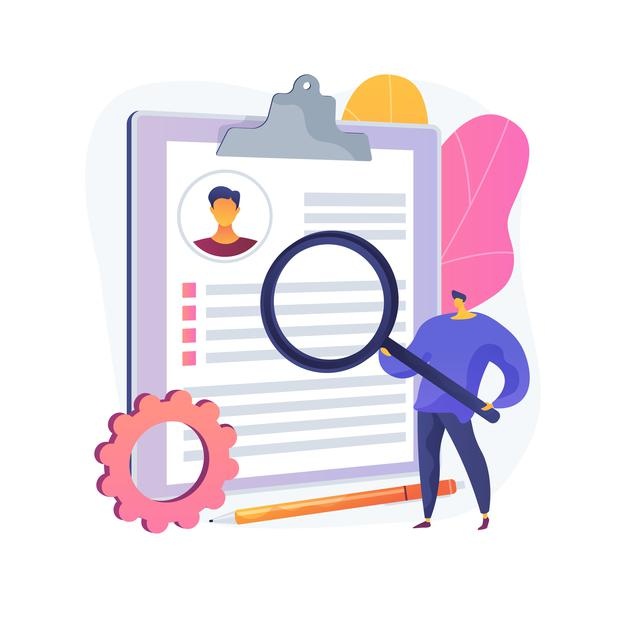

RESUME WRITING
A powerful resume gets you closer to your next job. A resume is a formal document that provides an overview of your professional qualifications, including your relevant work experience, skills, education, and notable accomplishments. Usually paired with a cover letter, a resume helps you demonstrate your abilities and convince employers you’re qualified and hireable.
The Resume is a “selling tool” outlining the individual’s skills and experiences so as to enable the employer to see, at a glance, how one can contribute to the employer’s workplace. A great resume follows some simple but crucial guidelines.
- Determine who is reading your resume
- Write what the reader wants to hear
- Make your resume easy to read
- Write a resume with substance & depth
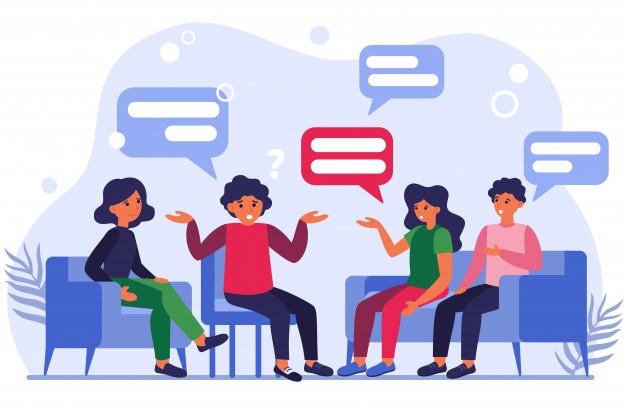
GROUP DISCUSSION
A group discussion or GD is conducted to test the interpersonal, including communication, skills of candidates. It also tests a candidate’s knowledge and his ability to link the facts.
In a GD, a group of students is asked to discuss a topic given to them. The topics that are given in GD are of two types – Knowledge based and Abstract. GD is conducted to test certain key attributes in candidates. They would be tested for their clarity of thought and clarity of language. The companies, also, test their ability to understand and structure a response to the topic. Their leadership skills are also put to test during Group Discussion. To do well in GD, candidates need to read newspapers, magazines regularly.
INTERVIEWS
Certain companies conduct HR & Technical Interviews separately, while some other companies combine both types in a single interview. The interviews are conducted to test a candidate’s knowledge of self, his career plans, hobbies, interests, achievements, knowledge about his specialization etc. Questions can be drawn from any area. It is expected that a candidate has a clear career goal or objective when he/she faces an interview panel. If one is from the department of Electronics Engineering and one is applying to TCS, then it is expected that one has a good command over the subjects one has learnt in one’s engineering. At the same time, candidates need to show interest in the field of IT and come up with a convincing answer as to why they are shifting their field from “Electronics Engineering” to “IT”. Overall, one’s confidence and one’s knowledge are the key attributes which would be checked here.
Mock Interviews help our students formulate smart answers and identify strengths and weaknesses, thereby preparing them for the “real thing”. Our mock sessions mirror an actual job interview. It enables students with an opportunity to practice what to say and do during an interview. Whether it’s face-to-face, online, or through a webcam, a mock interview is useful in reviewing answers to common interview questions and assessing other factors such as confidence and body language.


INTERVIEWS
Certain companies conduct HR & Technical Interviews separately, while some other companies combine both types in a single interview. The interviews are conducted to test a candidate’s knowledge of self, his career plans, hobbies, interests, achievements, knowledge about his specialization etc. Questions can be drawn from any area. It is expected that a candidate has a clear career goal or objective when he/she faces an interview panel. If one is from the department of Electronics Engineering and one is applying to TCS, then it is expected that one has a good command over the subjects one has learnt in one’s engineering. At the same time, candidates need to show interest in the field of IT and come up with a convincing answer as to why they are shifting their field from “Electronics Engineering” to “IT”. Overall, one’s confidence and one’s knowledge are the key attributes which would be checked here.
Mock Interviews help our students formulate smart answers and identify strengths and weaknesses, thereby preparing them for the “real thing”. Our mock sessions mirror an actual job interview. It enables students with an opportunity to practice what to say and do during an interview. Whether it’s face-to-face, online, or through a webcam, a mock interview is useful in reviewing answers to common interview questions and assessing other factors such as confidence and body language.
